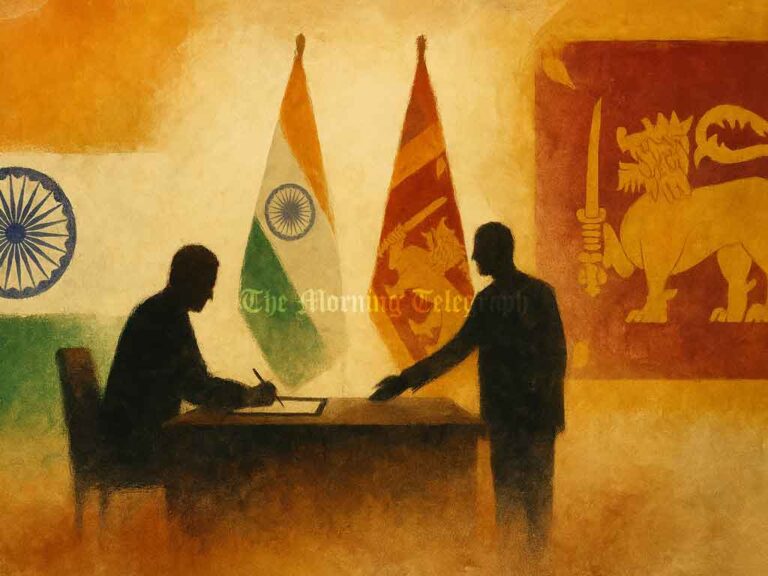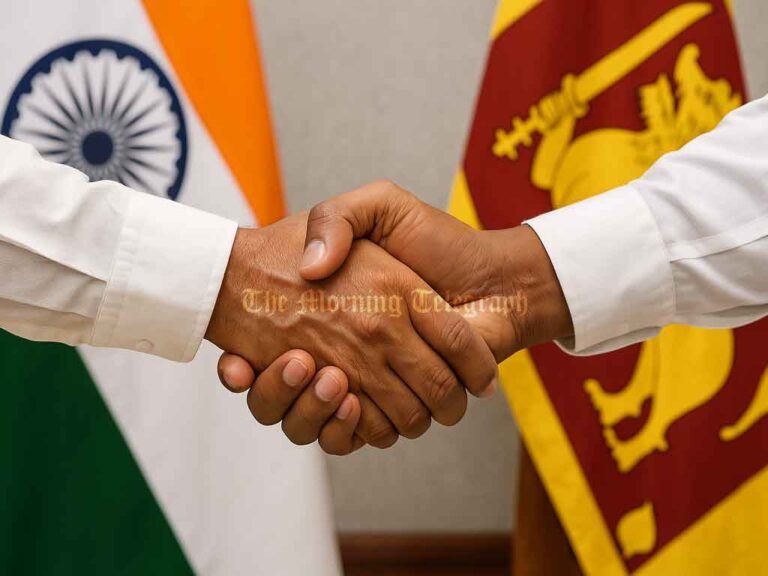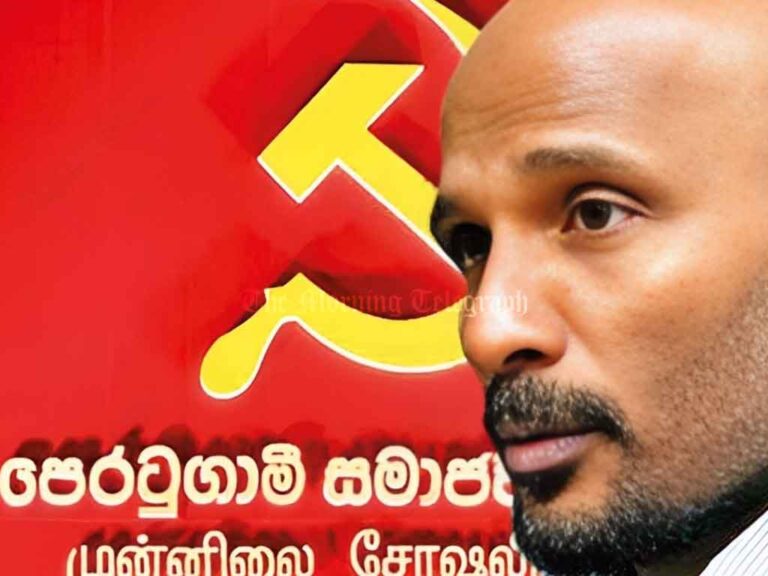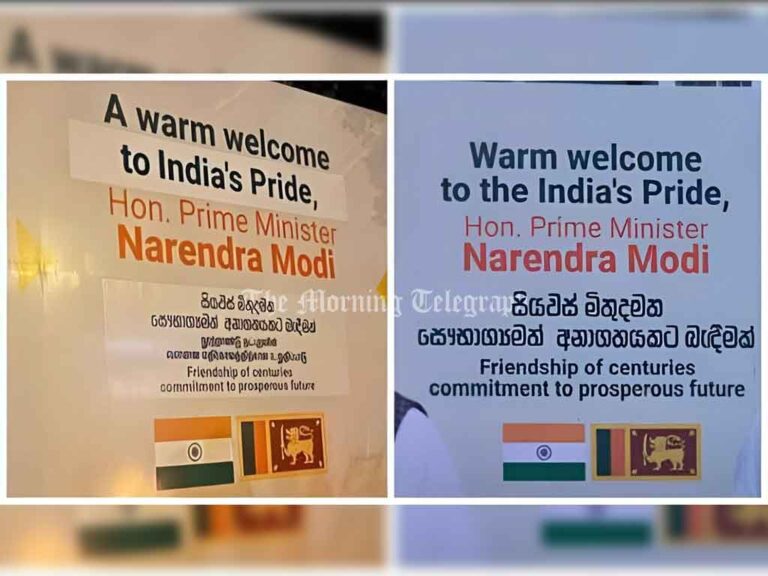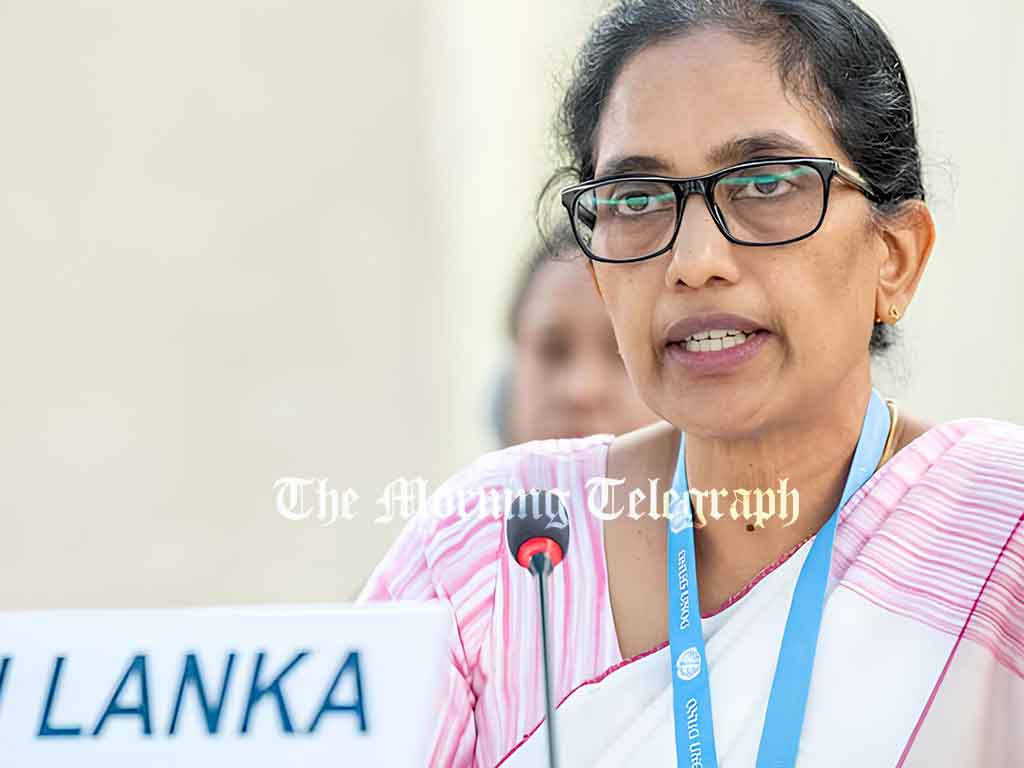
At the 58th session of the UN Human Rights Council in Geneva, Sri Lanka’s Permanent Representative to the UN, Himali Arunathilaka, reaffirmed the country’s rejection of external evidence-gathering mechanisms while emphasizing domestic accountability processes to address human rights concerns.
She stated that Sri Lanka remains committed to addressing human rights challenges, including reconciliation, through credible and independent domestic mechanisms within the constitutional framework. Stressing that Sri Lanka will not accept country-specific resolutions without its consent, she reiterated the government’s rejection of resolutions 46/1, 51/1, and 57/1.
Arunathilaka criticized the Office of the High Commissioner for Human Rights’ evidence-gathering mechanism on Sri Lanka, calling it an unprecedented expansion of the Council’s mandate that contradicts its founding principles.
Despite its opposition to external interventions, Sri Lanka reaffirmed its commitment to multilateral cooperation and constructive engagement with the Human Rights Council. She also highlighted the government’s focus on democracy, reconciliation, and inclusive economic growth, emphasizing initiatives like the Truth and Reconciliation Commission to address past grievances.
The government’s ‘Clean Sri Lanka’ initiative was presented as a key program aimed at eradicating rural poverty and promoting social, environmental, and ethical revitalization. Additionally, she noted that Sri Lanka is actively working toward establishing a strong digital economy to drive national development.
While maintaining its firm stance against externally imposed mechanisms, Sri Lanka assured the UNHRC of its ongoing engagement in human rights discussions and its commitment to implementing reforms through domestic channels.

